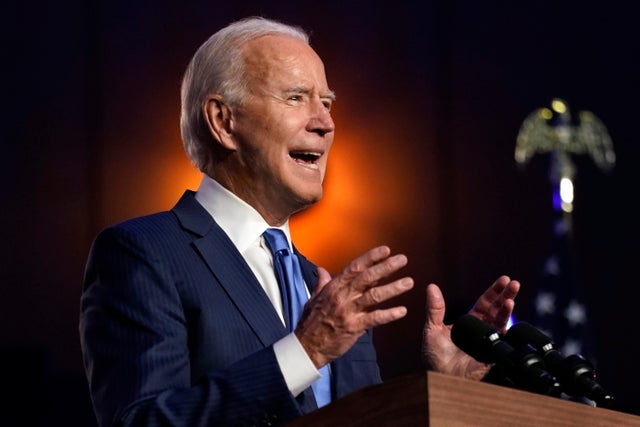Final Stages of the US Presidential Election: A Crossroads between ‘America First’ and Cooperation
The differences in policy between both candidates are clear, starting with the issue of racial division and including other issues, such as energy and immigration policy. The candidates' receptiveness to international accord could possibly change the world. The international community is watching this situation with bated breath.
Nevertheless, the presidential debates were a sluggish exhibition of mud-slinging. We cannot help but notice the extreme deterioration of U.S. politics. At any rate, regarding the domestic and foreign issues, will the U.S. be able to bridge unprecedented division and become a fair and just nation over the next four years? The U.S. faces a critical crossroads, but we question whether this juncture will be a stabilizing moment.
Looking back, the past four years have created serious cracks in both the domestic and international scenes. In the current gun-loving society, several tragic incidents of gun violence happened one after another. White police officers killed Black citizens, once again bringing deep-rooted racial divisions to the forefront.
The divisions did not stop there. After the 2016 election, immigration policy came into effect with the construction of a border wall and prohibition of immigrants from many countries. Intolerance has gone unpunished, many are still excluded and diversity continues to suffer.
A major nation that unabashedly champions "one's own country first" deepens turmoil in the world. This mercenary point of view, without any regard for public welfare, has resulted in the U.S. taking reckless action, such as withdrawing from an agreement to prevent Iran from possessing nuclear weapons, and seceding from the Paris Agreement to address global climate change.
Now in this current election, energy policy also has become an issue of contention. In contrast with Biden, who has announced his support for transition to renewable energy, Trump insists on expanding fossil fuel production. Americans are bending to policies that center on the fossil fuel industry.
Regarding COVID-19, the U.S. has taken its own countermeasures too lightly, leading to a remarkable explosion in the numbers of infected people. Trump himself has tested positive, yet still abdicates responsibility and declares emphatically that the virus is "China's fault." We hope the next president realizes that now is the time for the world to unite.
Concerning policy toward China, discussion about the threat posed by China poses has been established as being bipartisan. Both candidates are taking a hardline stance with no solution in sight, but it is possible that the world could be dragged into a confrontation between the two countries. We hope that the candidates keep in mind their duty to seek a breakthrough solution to this difficult situation.
The second debate was a flagrant display of defamation and provocative exchanges until the end, with ripostes such as "he’s a corrupt politician" and "what he’s saying is a bunch of garbage." Repairing the current, damaged public opinion will be a challenge.
Even in Okinawa, which is crowded with U.S. military bases, we cannot ignore the outcome of this election when visualizing the future. This is especially true in Henoko, Nago City, where construction of a new military base is proceeding against the will of the people: We ask that the next president take the will of Okinawan citizens seriously.


/https://www.thestar.com/content/dam/thestar/news/world/opinion/2020/11/07/joe-biden-faces-a-tough-job-of-undoing-the-still-ongoing-damage-of-toxic-donald-trump/vegas.jpg)